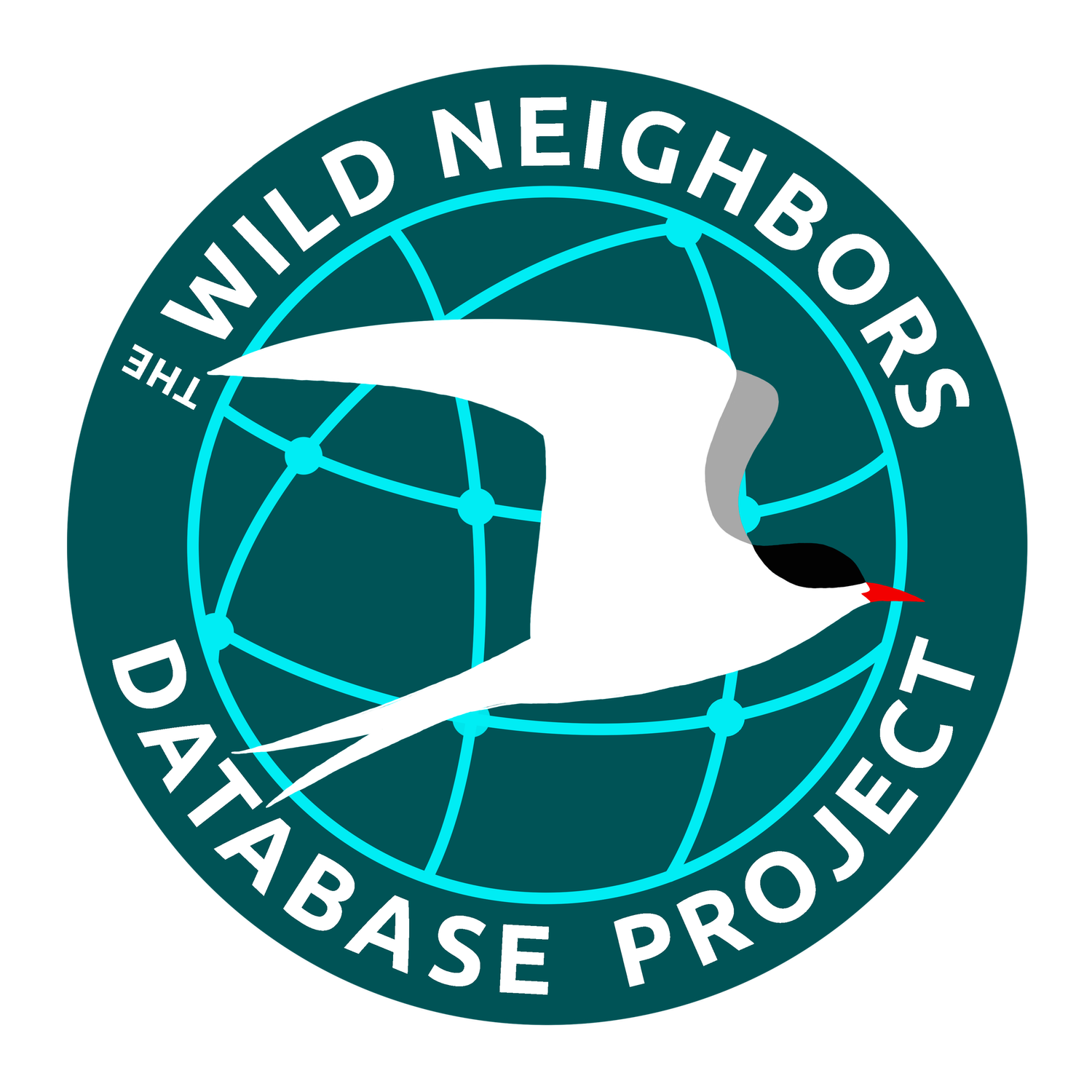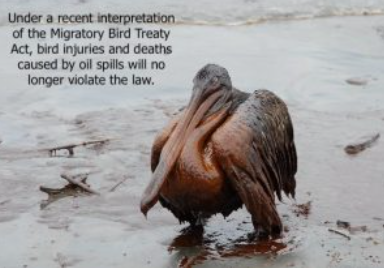Early 2020 Updates and Important Information
Now That Most Of the Reporting Is Done..
December and January are two of the busiest months for WRMD. Reporting takes its toll on everybody. We work really hard to make sure that everybody's reports are functioning correctly and that giant reports are not crashing our servers, which has happened a few times. Every year or two we have to upgrade our servers to handle all of the activity that happens this time of year, and we will be upgrading again soon. Thank you for your patience.
NWRA Symposium
WRMD will be attending the NWRA Symposium this year in South Padre Island, Texas - Feb 25-29. If you are also attending we would love to meet you! Bring any and all questions, concerns, comments and feedback to us, or just come by and say hi. We will also be presenting on Thursday morning from 8:30-9:30AM and hope to see you there!
We are especially looking for feedback for our proposed new Husbandry extension. If you have been waiting patiently for this extension please come and chat with us. We are looking for suggestions and advice on recording husbandry information.
Analytics
Devin, our developer, has been working extra hard to improve the Analytics section of WRMD. We want our users to be able to view their data in whatever way they need. All I can say is that what he is creating is absolutely beautiful! Seriously, the graphs are like artwork and the information they provide is invaluable. Devin is doing everything he can to get it done so he can unveil it during our presentation at the NWRA symposium (fingers crossed). Things to look forward to!
M-Opinion & the Migratory Bird Treaty Act
The Migratory Bird Treaty Act is under attack and birds need you to speak for them. The language within this 100+ year old treaty has been scrutinized and recently a new proposed regulation change is underway. The M-Opinion proposes to redefine the meaning of the “incidental take”. The change effectively allows anybody who "accidentally" destroys, kills, or harms any MBTA protected bird, nest or egg to do so with no penalty. An example of this would be an oil spill where birds are not intentionally harmed. Currently, oil spillers have to pay a price for this. The M-Opinion would make it so they could get off scot-free. The same would be true of a tree-trimming company did not intend to wipe out an entire colony of herons and their nests. They may now experience no repercussions. On a smaller level, we may no longer be able to tell the public that removing a nest that has baby birds in it is illegal. We all know how devastating this could be to all MBTA protected birds. USFW has finally opened this up for public comment and we need to comment this until they have no more space on their server to hold all the comments. Spread this far and wide. We only have until March 19, 2020. Let's do everything we can to stop this change.https://www.regulations.gov/document
A Great Question From a User
This is from a new user and it inspired me to write this blog:
“I have just one more question as well. I am using the program for our intakes only. We are a larger facility and still growing and the rehabilitation staff have a paperwork system that works really well for them as far as exams, feedings, vet visits etc. Does utilizing your system just for what we need hurt us in anyway? I was not sure if I just used it for intakes and out comes and used our paper system for the rehab side of things if that would be an issue in anyway.”
Here is our response:
We designed WRMD so that it could be used any way you want and need. Most wildlife rehabilitation organizations that have existed for 10 years or more started with paper records, which is completely fine. However, one of the big reasons we developed WRMD was to create a tool that can save institutional knowledge in a useful, easy-to-search format. When we ask, "What medication did we give that patient 5 years ago that worked, because we now have a similar situation?", we can easily and quickly find the answer in WRMD. With paper you really can't do that. So much information is lost on paperwork. On the flip side I do think that it can work great for many tasks such as husbandry charts or prescription forms that can be written on and checked off. WRMD provides many paper forms within our “Paper Form” extension that, when used, translate nicely into the digital format of WRMD.
We have found that the normal progression of our WRMD users is to start small. Many rehabilitators just add in their intakes and dispositions to get the reports and basic stats they need. Once they get used to using WRMD and can navigate more easily, they slowly start to incorporate its’ other features. Features like the Prescriptions extension can automatically calculate the dose your patient from the last recorded weight once you add information into your Prescription Formulary. In order to do that you need to use Locations and record in weights. If you use the Rechecks feature, a daily calendar is automatically generated for you on a daily basis, but you have to add in these rechecks. All these little features help save you time that could be used on animal care instead of paperwork and calendars.. How you use WRMD is up to you. We support you, whatever way you decide to use WRMD. Our first priority is to make things easy for our users, and everything else comes later.
- Rachel Avilla


